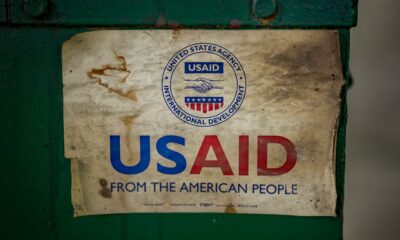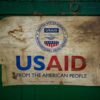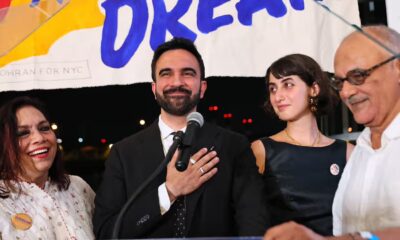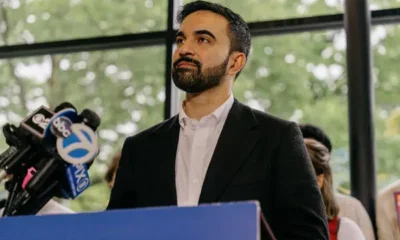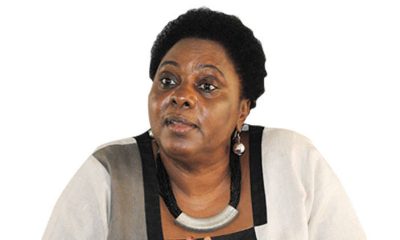News
The Iran that BBC and CNN do not show you

Sight seeing in Tehran
Two days after I left Iran mid November riots broke out in Tehran, the country’s capital, and other cities. I was eager to know more about what was going on and followed the story as it unfolded through the international media including my favourite radio station, the BBC (I will get back to this).
I searched the web for whatever I could gather. They said the riots were over an increase in fuel prices by the Iranian government by at least 50 percent. Other reports indicated that Iranians were unhappy with their government’s foreign missions while the economy at home was struggling.
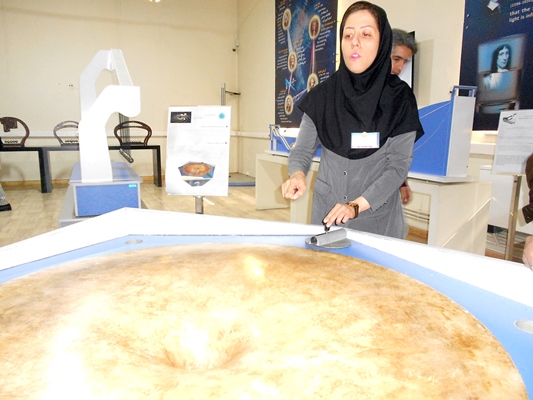
A museum attendant guides guests through the science and technology section of Iran’s National Museum in Tehran
At one point the Deutsche Welle (DW) quoted Amnesty International saying that over 100 people had been killed in the riots. Then in another report they said that between 100 and 200 people had been killed (note the range). All of them reported that the Iranian government had switched off the internet so information was difficult to get (but somehow they were able to put figures to deaths and arrests). This picture of course represents chaos in Iran and that is what the western media, which many of us rely on for information from other parts of the world, has always given us.
The radio I listen to most is the BBC and I don’t expect that to change any time soon. In fact when I hear “this is the BBC” I feel assured of the quality of any broadcast I am going to listen to even before it plays. But the Iran I visited was far different from the picture I always get from my favourite radio.
My journey to Iran started with an email inviting me to the Mustafa Prize ceremony and the Science and Technology Exchange Programme (STEP) of the Mustafa Science and Technology Foundation (MSTF). I had, prior to this, no contacts in Iran so I wondered how that had gotten into my inbox.
I did what most of us do under such circumstances – search the web to ascertain the authenticity of the events and the host. Even after I found no pointers to a possible scam I still doubted the whole thing. I asked them to tell me who had given them my contact details and all they said was that they had a team that researches and finds suitable guests for their events.
Having been involved in Science Journalism and Science Communication activities at global level for over ten years I thought that maybe that is how they had found out about me. When I received my air ticket and ascertained that it was genuine I knew they were serious.

The writer with one of his STEP- mates (Emamu) at the Islamic Republic of Iran Broadcasting University.
My visit to the Iranian Cultural Chancellor in Uganda, Muhammad Reza Ghezelsofla, to consult about the Iranian visa, gave me the impression that I was much welcome to Iran. He contacted the Iranian embassy in Kampala and we got things rolling. The ease with which my visa was processed was exceptional. The friendship that the staff at the embassy showed me was more admirable than the way you are treated for example when you are entering into Kenya or Rwanda. I don’t want to comment much about the UK and the US visas now. But allow me says that the British some time back gave me a visa without any hustle despite two bank accounts reading empty. The Americans on the other hand denied my friend a visa on the first application and when he appealed, it was granted to him after the event he was supposed to be at in the US had ended.
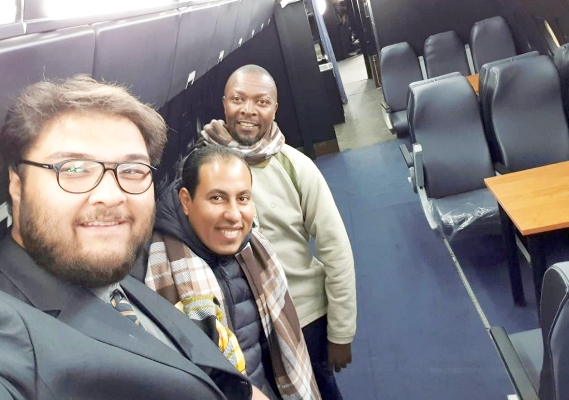
Selfies during a tour of Pardis Technology Park.
Every Ugandan I was telling I was going to Iran, from close friends to bodaboda riders, was bewildered. There is a picture of Iran painted over time into our heads by the international media and it is that chaos, of terrorists, just like the stereotype of backwardness, poverty and anarchy painted over Africa. Iran has positives and a lot of them despite its sour political relationship with the West, especially the US.
Tehran
The Tehran I entered on November 8 was far from what you can imagine. I was driven through wide roads, high-rise buildings and an unexpected level of greenery in the city. I never saw a single gun throughout the week I stayed there. Compare this to Kampala and generally Uganda where guns are hanging whichever side you turn to.
Every day of the science events a young person volunteered to be my STEP-mate. That one was supposed to look after me in every way including bringing me water, bites and carrying my bag if I wanted him or her to. On my first day when I thanked Arash, the young man who had played that role he said: “I did not do anything at all. Hospitality is in Iranians’ blood.” That virtue is called humility.
Everywhere I went I noticed people wanted to help. Wherever I went, supermarket or restaurant, someone (mostly a young person) asked to have a selfie with me before I could leave. It felt special. If racism is practiced this way in Iran I would love to have more and more of that.
I have been to so many places in the world but none, including my country Uganda, rivals Iran in hospitality. None! The Persians are so sweet. Ask any objective person who has been to Iran and they will not say anything different from what I have written. Google and you will find many posts like this: “Iran is not what you think!!”
Economy
Despite the sanctions on Iran by the United States Iranians are determined to keep progressing. I visited a couple of technology parks including Pardis, 20km north east of Tehran, and it is amazing to see what goes on there especially in medical research (I will write another piece specifically on this subject).
Geopolitics
After reading some literature my quick interpretation is that Iran’s problems with the West are about sovereignty against submissiveness. The US, in particular, feels some sense of entitlement to influence in Iran. The Iranian government won’t take any of that.
Iran only became an Islamic republic (the Islamic Republic of Iran) 40 years ago when, through a revolution, the current order overthrew a US backed monarch. The new regime was against Western influence and therefore the US lost its position.
Culture
As a matter of practice (and also by law) for example, all women, while in public, have to wear covering clothes including a scarf on the head. The other thing is that a man is not expected to shake hands with a woman who is not his wife. This may be interpreted as repressive but if you look at it from the cultural angle what is the problem? What do you really miss when you don’t see women flapping about in public their necked thighs and bare breasts? You can actually interact with women in Iran freely and you will not at all feel any bother about their veils or not shaking hands with them.
I fully enjoyed my time in Tehran. I am now looking forward to a longer stay next time I am in Iran. The Iran I saw is different from the Iran you have been shown.
Comments



